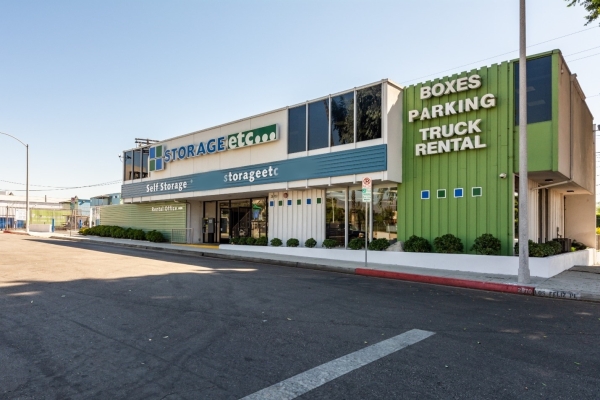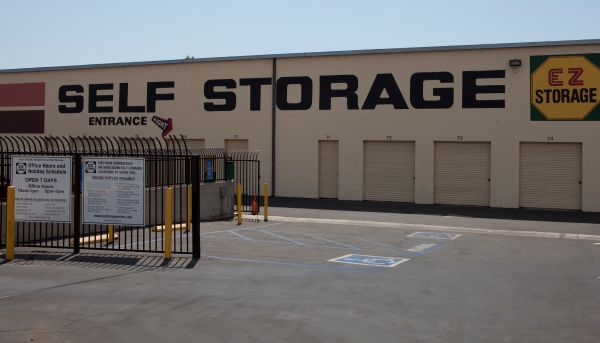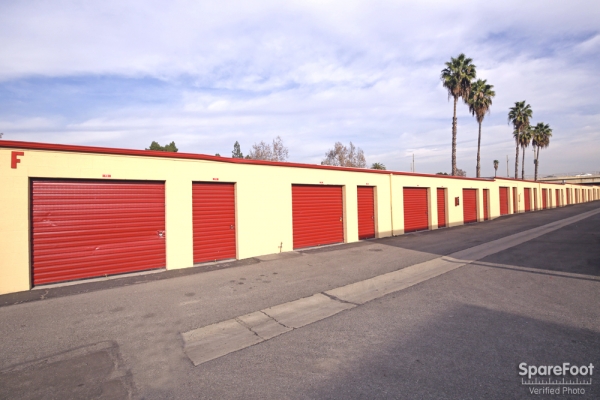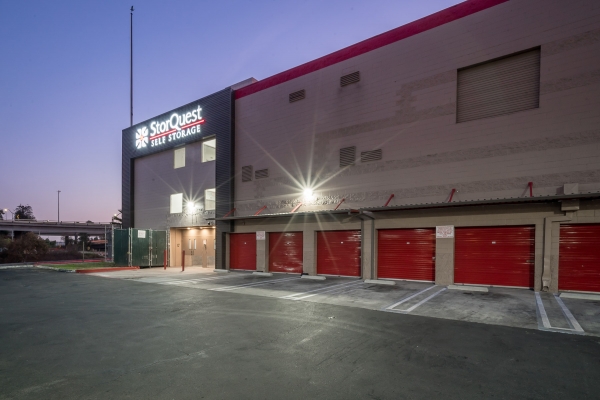In Glendale, the diverse population and proximity to the San Fernando Valley create a landscape where residents and businesses alike require versatile storage options. The city’s blend of urban living and suburban amenities means that many individuals are looking for solutions to manage their belongings effectively, whether it’s for seasonal items, recreational gear, or business inventory. The demand for accessible and secure storage is heightened by the area’s active lifestyle and the need for convenient access to personal and commercial items.
With a variety of storage unit sizes and features available, Glendale’s facilities cater to the needs of families, young professionals, and local businesses. The climate, characterized by warm summers and mild winters, necessitates climate-controlled options to protect sensitive items from heat damage. Additionally, the availability of amenities such as drive-up access and 24-hour entry ensures that residents can easily retrieve their belongings whenever needed, making Glendale a practical choice for those seeking reliable storage solutions.
How Much Is a Storage Unit in Glendale, CA?
Here’s what you can expect to pay for Glendale storage units:
| 5’x5’ | $60 |
| 10’x10’ | $160 |
| 10’x15’ | $209 |
| 10’x20’ | $262 |
| 10’x30’ | $345 |
Glendale, CA Storage Unit Amenities
Common storage unit amenities in Glendale include:
- Climate Controlled
- 1st Floor
- Drive Up Access
- Video Cameras on Site
- 24-Hour Access
- Free Truck Rental
- Elevator
- Alarm in Unit
What to Look for in a Storage Unit in Glendale
Climate-Controlled Units
Glendale’s warm climate can pose risks to items like electronics, furniture, and important documents. Climate-controlled units help maintain a stable environment, protecting belongings from heat-related damage and ensuring they remain in good condition.
Convenient Access
With Glendale’s busy lifestyle, having easy access to storage units is essential. Facilities that offer drive-up access and 24-hour entry allow residents to retrieve or store items at their convenience, accommodating both personal and business needs.
Security Features
Given the urban setting, security is a top priority for many residents. Look for storage facilities that provide robust security measures, including video surveillance, gated access, and individual unit alarms, to ensure the safety of your belongings.
Space for Seasonal and Recreational Items
Many Glendale residents enjoy outdoor activities, which often require additional storage for sports equipment, bicycles, and seasonal gear. Facilities that offer larger unit sizes can accommodate these needs, providing ample space for all types of belongings.
Frequently Asked Questions
How Much Is a Storage Unit in Glendale, CA?
Storage unit prices in Glendale typically range from $60 to $345 per month, depending on the size and features of the unit. Smaller units, like 5’x5′ spaces, are more affordable, while larger or climate-controlled units are priced higher. Comparing options and looking for promotions can help you find the best deal.
Is Climate-Controlled Self-Storage Necessary in Glendale?
Yes, climate-controlled units are advisable in Glendale, especially for items sensitive to heat. Protecting belongings like electronics, artwork, and wooden furniture from temperature fluctuations is crucial for maintaining their integrity.
What Size Storage Unit Do I Need?
- 5×5 or 5×10: Ideal for small personal items, seasonal gear, or college dorm furniture.
- 10×10: Fits the contents of a one-bedroom apartment, including furniture and boxes.
- 10×20 or larger: Suitable for multi-bedroom homes, vehicles, or business inventory.
How Can I Save on a Storage Unit in Glendale?
Maximize savings with promotions such as free trial periods or lower rates for extended agreements. Consider facilities located slightly outside the busiest areas, which may offer lower rates. Sharing a larger unit with a friend or family member can also help reduce costs.
Does My Insurance Cover Items in Storage?
While your renters’ or homeowners’ policy may cover stored items, there could be restrictions or limits. Reach out to your insurer to confirm existing coverage and determine if supplemental storage insurance is required.
























